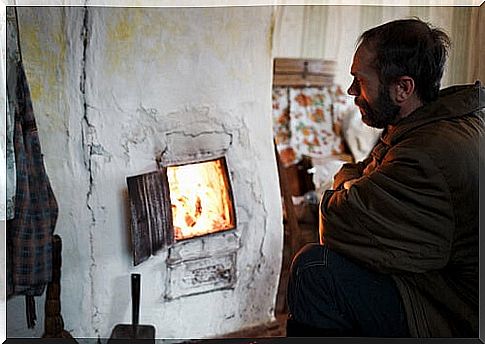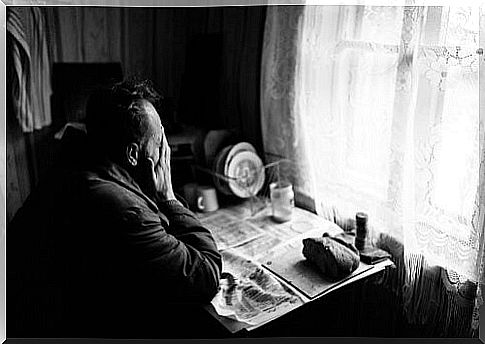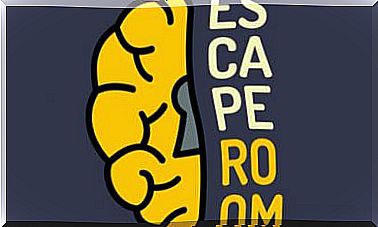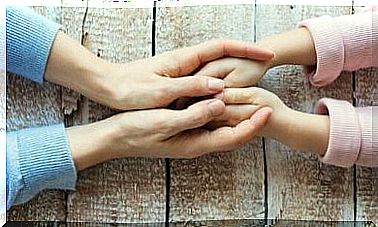The Drama Of Energy Poverty

Energy poverty is a phenomenon that affects more and more people. According to the Energy Poverty Report in Spain 2018 , from the Association of Environmental Sciences (ACA), more than 40% of people residing in Spain suffer from this type of poverty.
In a country where we are still waking up after the devastating crisis that began in 2008, we continue to suffer from some of its most endemic consequences. Among them, the phenomenon we are talking about today.
What is energy poverty?
According to Reddy, cited in González (2014), energy poverty could be defined as the “lack of sufficient alternatives to access adequate, economical, reliable, safe and environmentally sustainable energy services that help economic and human development”.
Although this is not the only definition that exists. According to the Association for Environmental Sciences, energy poverty is the situation in which a household is unable to pay for a sufficient amount of energy to satisfy its domestic needs. As well as when they are forced to allocate an excessive part of their income to pay the energy bill for their home.
It is important to clarify that this phenomenon includes expenses in air conditioning, lighting, cooking, consumption of sanitary hot water, etc. Therefore, it is a more concrete concept of poverty. It does not cover as much as social exclusion or social vulnerability. This is, for example, that certain households can find themselves in a situation of energy poverty without being at risk of exclusion. Although it is necessary to specify that it may be the beginning of a broader situation that approaches social exclusion.
Therefore, although there are indicators and formulas that can guide us through the numbers, the concept is far from being measurable. We are faced with something subjective. A type of poverty that will depend on the income of the coexistence units, the resources required in each house to satisfy the needs, the specific weather, etc.
Causes and consequences
Although energy poverty affects almost all groups, there are some in which it is uniquely present:
- Minors
- Greater.
- People in a situation of dependency.
- People with chronic diseases tend to be the ones who notice the effects the most.
Now, once the concept is contextualized, we believe that it is necessary to talk about its causes and consequences. Some are (ACA):
- Low household income.
- Insufficient quality of housing.
- High energy prices.
- Increase in the prices of other resources: clothing, food, etc.
Among the consequences and effects, we find according to González (2014) and Bruel and Gende (2018) :
- Higher prevalence of different physical diseases (especially cardiac, immunological, rheumatic and respiratory), as well as mental diseases.
- Increase in mortality rates, mainly in winter.
- The use of inexpensive but also poor heating systems has degrading effects on homes. Using unsafe heating methods can lead to dangerous combustion.
- In relation to the previous point, those households that spend a greater part of their income to pay for safe heating systems see their economic capacity to feed themselves diminished.
- In minors and / or people who are studying it can mean a lower academic performance.
- Impact on economic sectors such as agriculture, livestock, jobs that are developed with machinery, etc.

Conclusions
Although poverty is multidimensional in nature, something that increasingly affects more families is energy poverty. It is important to note that this type of poverty, like other more specific ones that may occur, is suffered by families with fewer resources and less solvency.
Urgent measures need to be taken to tackle the root problem. It is not so much to patch a situation, but to provide people with resources so that they can live with dignity.









